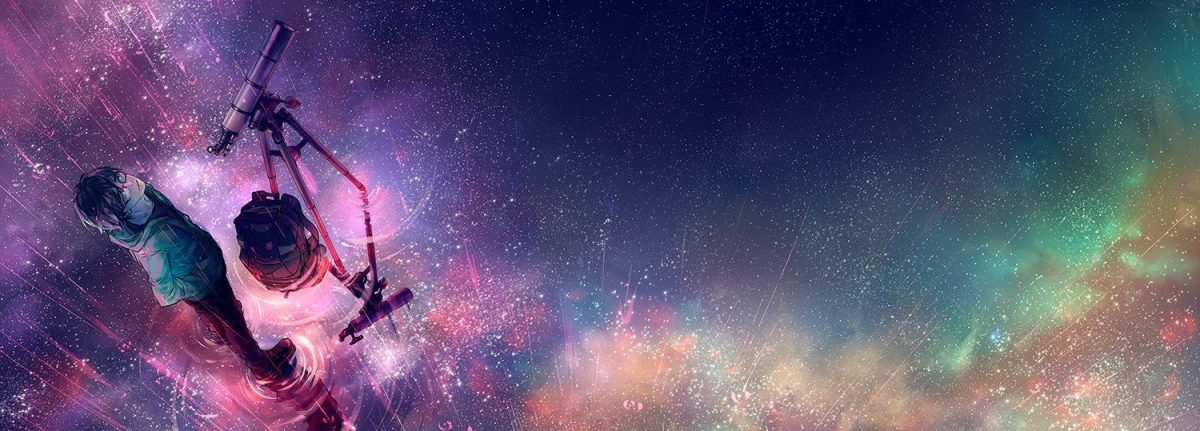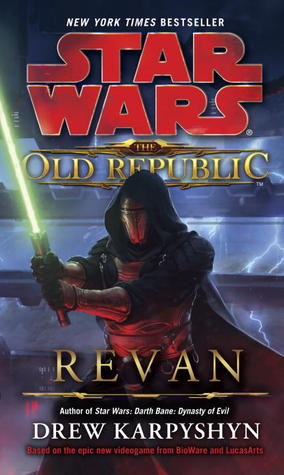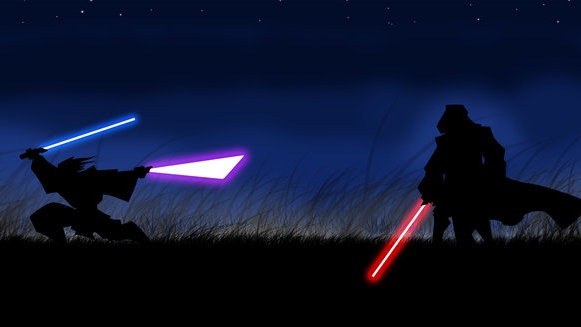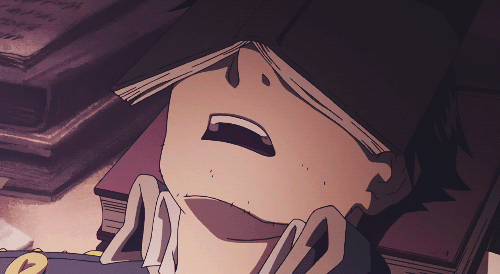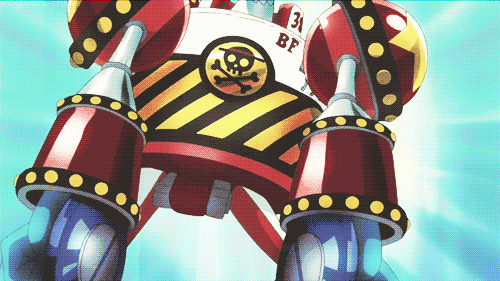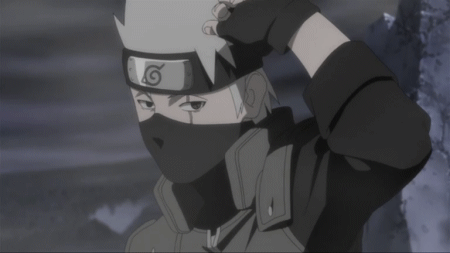Hi everyone, it’s been a while!
My absence over the last month has coincided with my directing a war upon many fronts, mostly revolving around my studies and research at the university. The slew of paper work resting by the side of my computer monitor serves as evidence of the ragged battlefield that has become my home over the last few months.


But, with the semester coming to an end, I’ve had several windows of opportunity to kind of sit back and take a break from these daily battles. In setting the stage for the statesmanship of the enduring war that has been my PhD degree so far, I found an interesting perspective and a read worth the time in Niccolo Machiavelli’s The Prince.
Setting aside the intricacies of 16th century Italian politics that often made me reference Wikipedia (since my purchase of a discounted edition of the book came without supplementary notes), Machiavelli’s realpolitik treatise was quite the enjoyable read.
Unlike the idealism portrayed in Plato’s Republic, Machiavelli’s distinctly non-idealistic guide to the nature of statecraft is obvious within the first few pages of reading. The amoral pragmatism expressed in his perspectives on how a prince should establish and maintain his power make it all the more obvious as to why the author’s name is considered synonymous to the devil, and an adjective for devilish cunning.

Despite the crude and downright insipid methods that Machiavelli purports for use in the struggle for power, I couldn’t help but be drawn into his work, especially when considering the legacy it has left behind in world history and its persistent influence in the prevailing political climate.
Across the world, politicians continue breaking their promises or rather continue making empty promises; the meaning of politics has become distorted amidst what is a solicitation of power, followed by corruption, and atrocities of various sorts of nature. While it may seem that the democracies of the world have not advertised their affinity to Machiavelli’s teachings, elements of his work are prevalent in the administrative institutions of several nations around the world, and by their many leaders who have taken note of his recommendation to appear benevolent, moral and religious.
“It is necessary for a prince wishing to hold his own to know how to do wrong, and to make use of it or not according to necessity…” (ch XV)
“A prince ought to take care that he never lets anything slip from his lips that is not replete with the above-named five qualities, that he may appear to him who sees and hears him altogether merciful, faithful, humane, upright, and religious. There is nothing more necessary to appear to have than this last quality…” (ch XVIII)
Machiavelli’s teachings are inherently a reflection of the state of the world, and therein lies the power of its influence. No matter the millenia that may come to pass, the emphasis of Machiavelli’s teachings largely depend on the basic tenets of human nature, especially when confronted by the opportunity for power. In that front, it is not difficult to observe the diverse constructs of power integral to various institutions that serve as the foundations of modern-day society, from education to government.
Nevertheless, Machiavelli’s obtuse perspectives on the employment of power can also serve as a case study for the positive outcomes that could be drawn from the knowledge of its opposite. A black and white perspective on the myriad complexities that dictate the ritualistic facets of human life is far too extreme, and while the idealism most often romanticized by philosophers and religious stalwarts may be a far-cry from reality, Machiavelli’s The Prince by describing one side of the extreme, leaves much for argument on the establishment of a grey middle ground of sorts.

In that vein, I suggest The Prince for anyone willing to engage and wrack their mind in a work that can essentially be described as a game of chess about human ethics and the corrupting potential of power.
As for myself, having completed my fair share of reading for the semester, I look forward to getting started on the next set of writing projects that have been stewing in the back of my mind for quite a while. As such, I hope to see you all again very soon in my next post where I will provide another short discussion of what writing means to me, both as a blogger and an aspiring author, and what exactly makes my imagination click!
